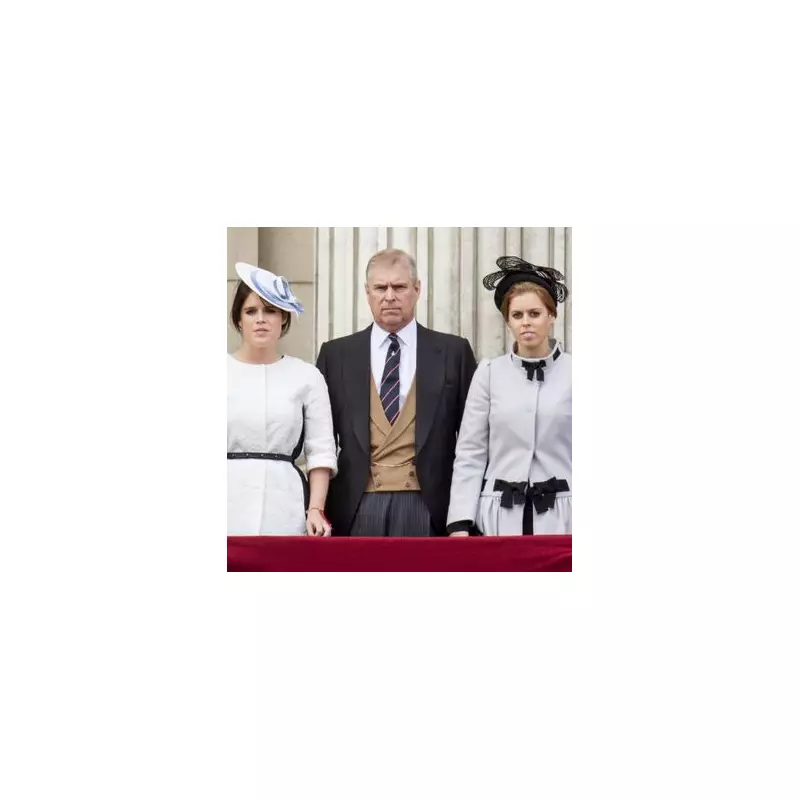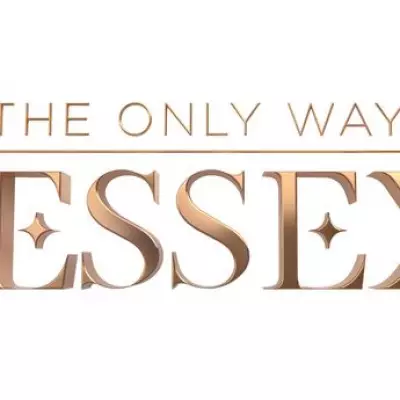
In a stunning blow to the disgraced Duke of York, Prince Andrew faces complete exclusion from one of the monarchy's most cherished traditions. Royal insiders confirm that King Charles has drawn a firm line, preventing his brother from appearing on the Buckingham Palace balcony following this year's Trooping the Colour ceremony.
The King's Decisive Move
Sources close to the palace reveal that His Majesty has made it abundantly clear: Prince Andrew will have no place among the working royals during the ceremonial climax. This represents the most significant public demonstration of Andrew's diminished status within the Royal Family since the settlement of his civil sexual assault case.
The balcony moment, symbolising national unity and celebration, will proceed without the controversial duke. Instead, only key working members of the Royal Family will join the monarch, marking a decisive break from tradition.
A Pattern of Exclusion
This latest development continues a pattern of distancing that began when Andrew was stripped of his military affiliations and royal patronages. The decision underscores the monarchy's ongoing effort to rehabilitate its public image while managing the persistent shadow cast by Andrew's association with convicted sex offender Jeffrey Epstein.
Despite attending the ceremony itself, the duke's absence from the balcony sends an unmistakable message about his standing within the institution he once represented as a senior royal.
Royal Reconciliation or Permanent Exile?
While Andrew maintains his position as Counsellor of State, his practical role within the monarchy has dramatically diminished. The balcony snub represents the most visible manifestation of his fall from grace, raising questions about whether this exclusion marks a temporary measure or a permanent new reality.
Royal commentators suggest this decision reflects King Charles's determination to modernise the monarchy and distance the institution from controversies that could damage public confidence.





